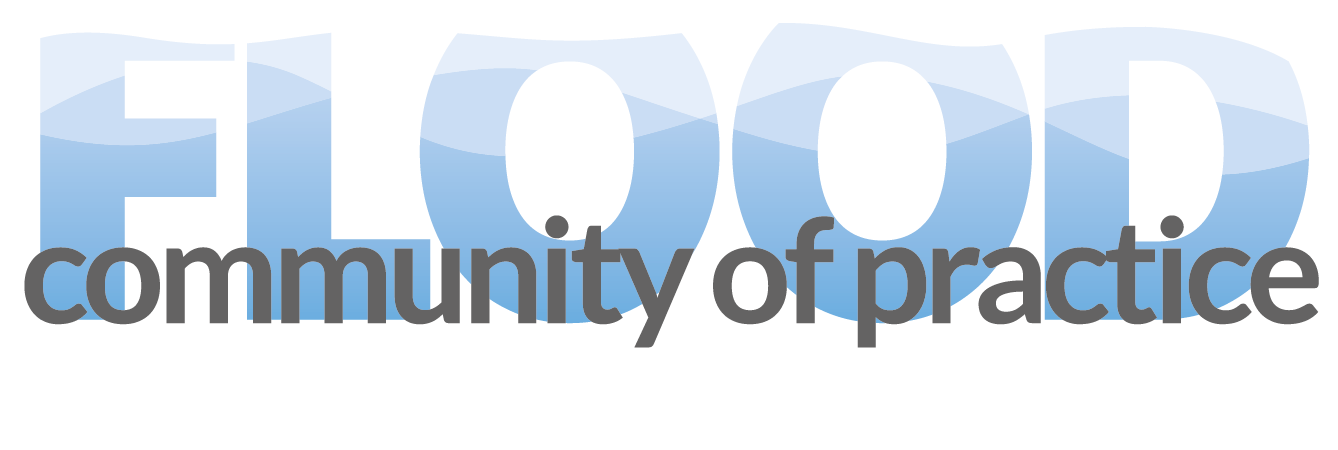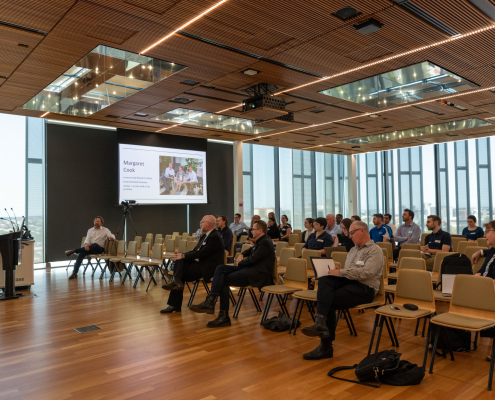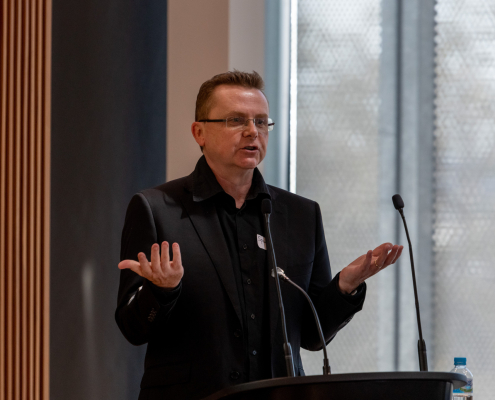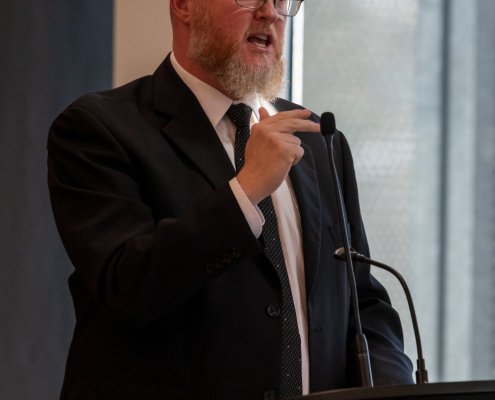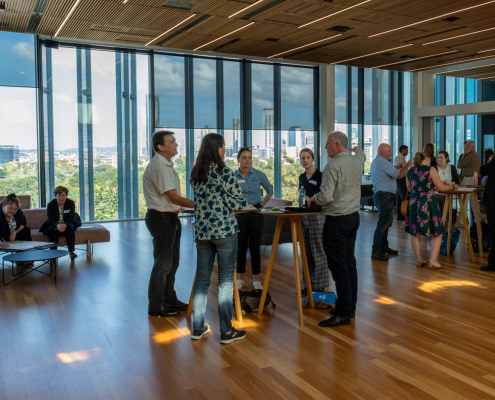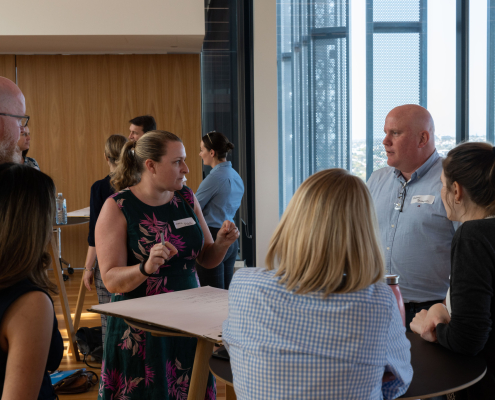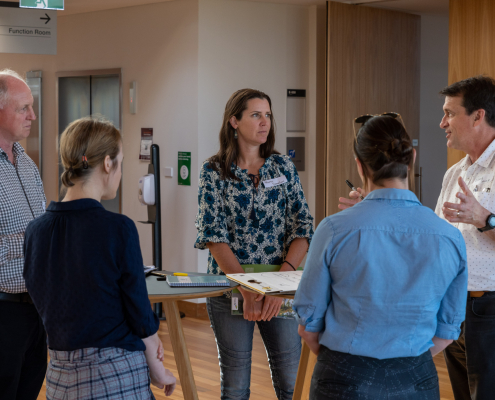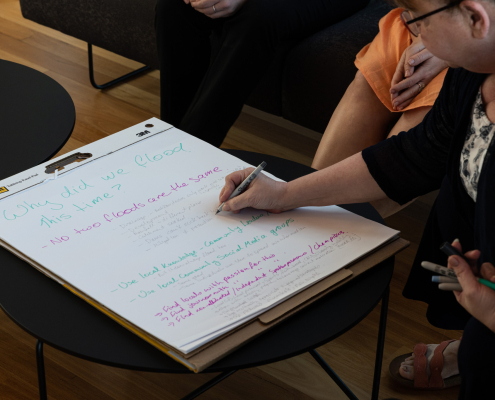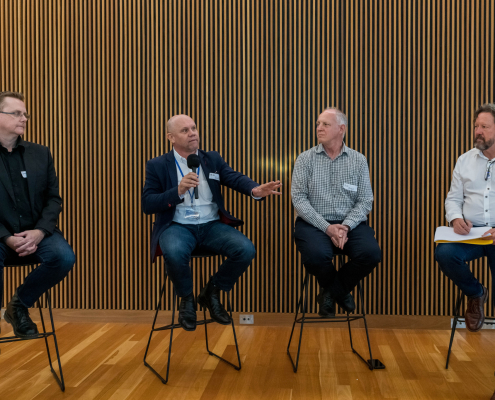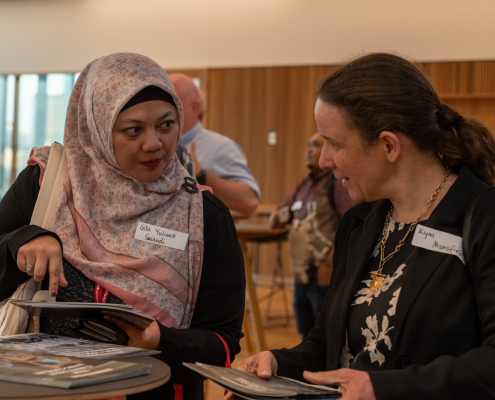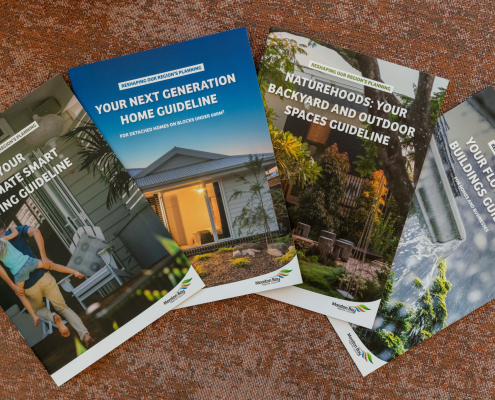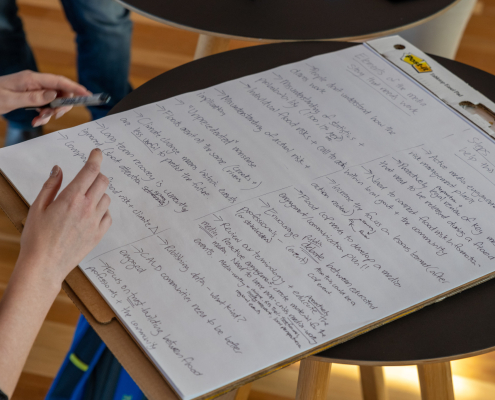Media Flood Stories: Can they offer a way forward?
Background to this event
A topical issue, for professionals in our collective – with a link to flood issues, is:
- how the flood risk terms are used in the general media and
- what sort of impact it has on the understanding of the various types of audiences that hear these messages?
The focus at this event was how the general media stories dissect and reflect on an event that has just been experienced – what are the terms being used, what are the impacts being listed and which aspects of proactive flood risk reduction measures are being discussed. Often stories appear to use sensational terms or terms not really suited to best characterize the type of flood being experienced. So do we understand the journalist motivation or drivers in building their stories?
In response to these concerns, what can we, as professionals, offer to media reporters as:
- more effective alternate technical flood terms
- frameworks that better describe the range of flood risk reduction measures
- stories that portray/explain the huge collective effort that goes on in the background to reduce flood impacts
So who was interested in the event?
Joining us at this event on Tuesday 13 September were colleagues from:
- Local Governments – Logan, Gold Coast and Moreton Bay
- State Government – IGEM
- Consultants – Water Technology, Flood Mapp, BMT, Aurecon, JBPacific, WRM, Hydrobiology, Darwinian
- University – QUT, Griffith
- Other – Healthy Land Water, Seqwater, Australian Red Cross
- Special Guests – Indonesian Government Study Tour on Disaster Risk Reduction partcipants
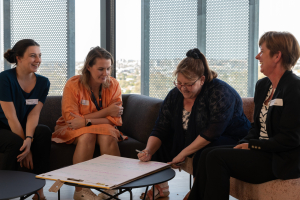
Guests sharing their media experiences
Experiences on talking with the Media – Margaret Cook
As an environmental historian, research academic and consultant Margaret Cook has become a sought after flood commentator with the publication of her book – A River with A City Problem .
Today she shared the steps of best preparing, steadily working through interviews, being prepared for surprises and keep ones authentic and evidence and logical self “in play”.
How to get the Media to tell your story – Spencer Howson
As an experienced radio based journalist, Spencer Howson was an ideal media colleague to share his experience and insights with us. In his presentation the key takeaway were the prompts of
Conversation + Campaign + Case Study + Control + Cultivate
To see the personation, please click here
Media Engagement – Eden Wooden
In various media roles over a number of years – ranging from Health, QRA and now Office of Chief Scientist, Eden has been faced with both reactive and proactive media scenarios.
In sharing his experience, more with an eye on a proactive approach, Eden sum arises key steps to include:
- Identify media of focus
- Identify media stakeholders
- Recruit potential partners
- Create a unified plan
To see full details of this presentation, please click here.
Next steps – panel discussion
In response to a small group activity of identifying elements of the media story that needs assistance and what we can do as flood resilience practioners can offer – Michael Foster (having had tears of media roles in both drought and flood messages) and Jack Bryce shared options to better deal with shared understanding and good communication. Recent local guidelines that City of Moreton Bay have developed – see aspects of this approach here – is one excellent local way to engage with one’s community and have the media benefit from the content.
A broader part of the conversation from Spencer Howson was where is the opportunity to proactively engage with Journalist so they can better hear of the expertise that is available? In the workshop there was a sense that yes the Flood Community of Practice can assist. This planted the seed for a subsequent briefing with local journalists and details are shared here on the website.
